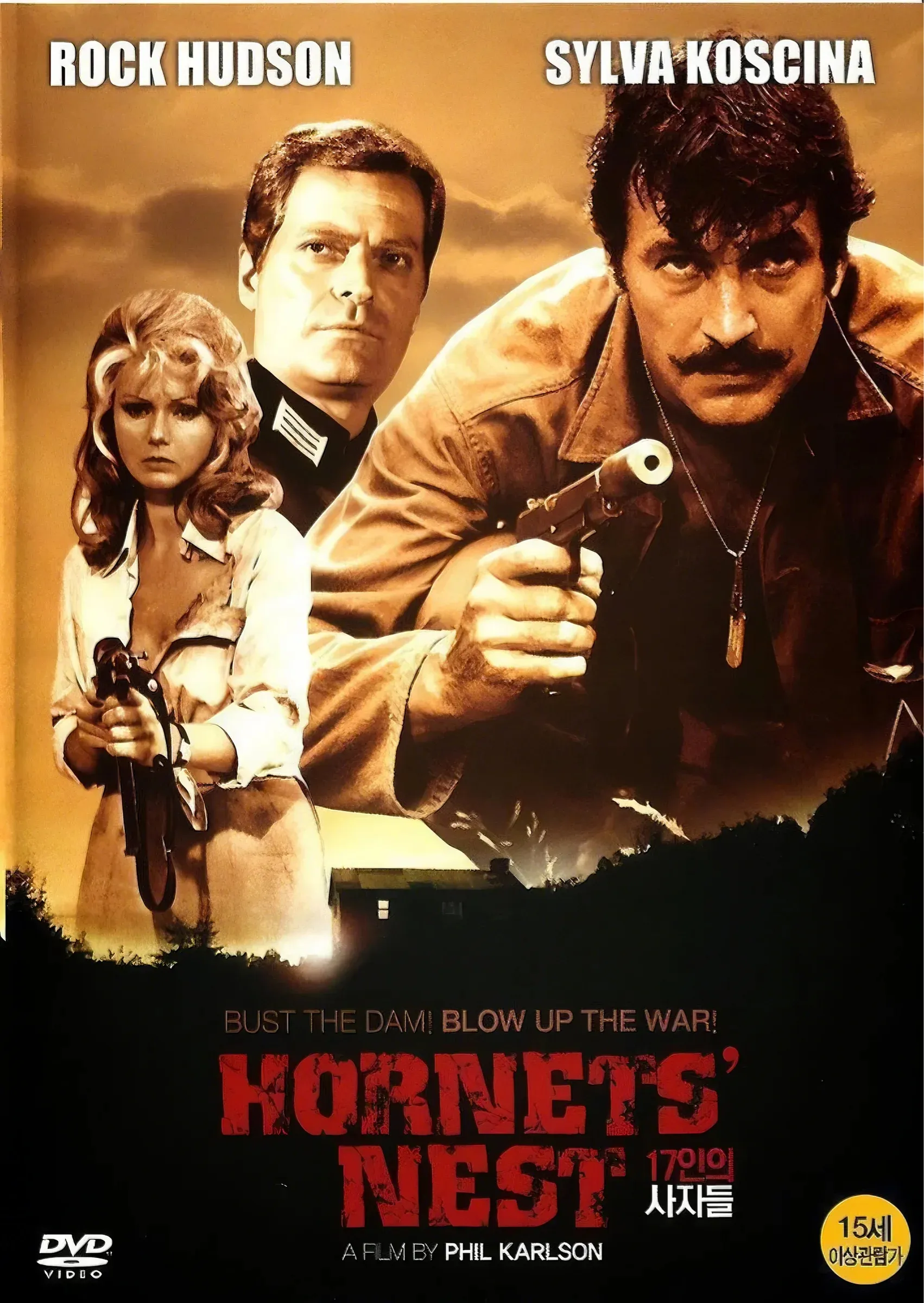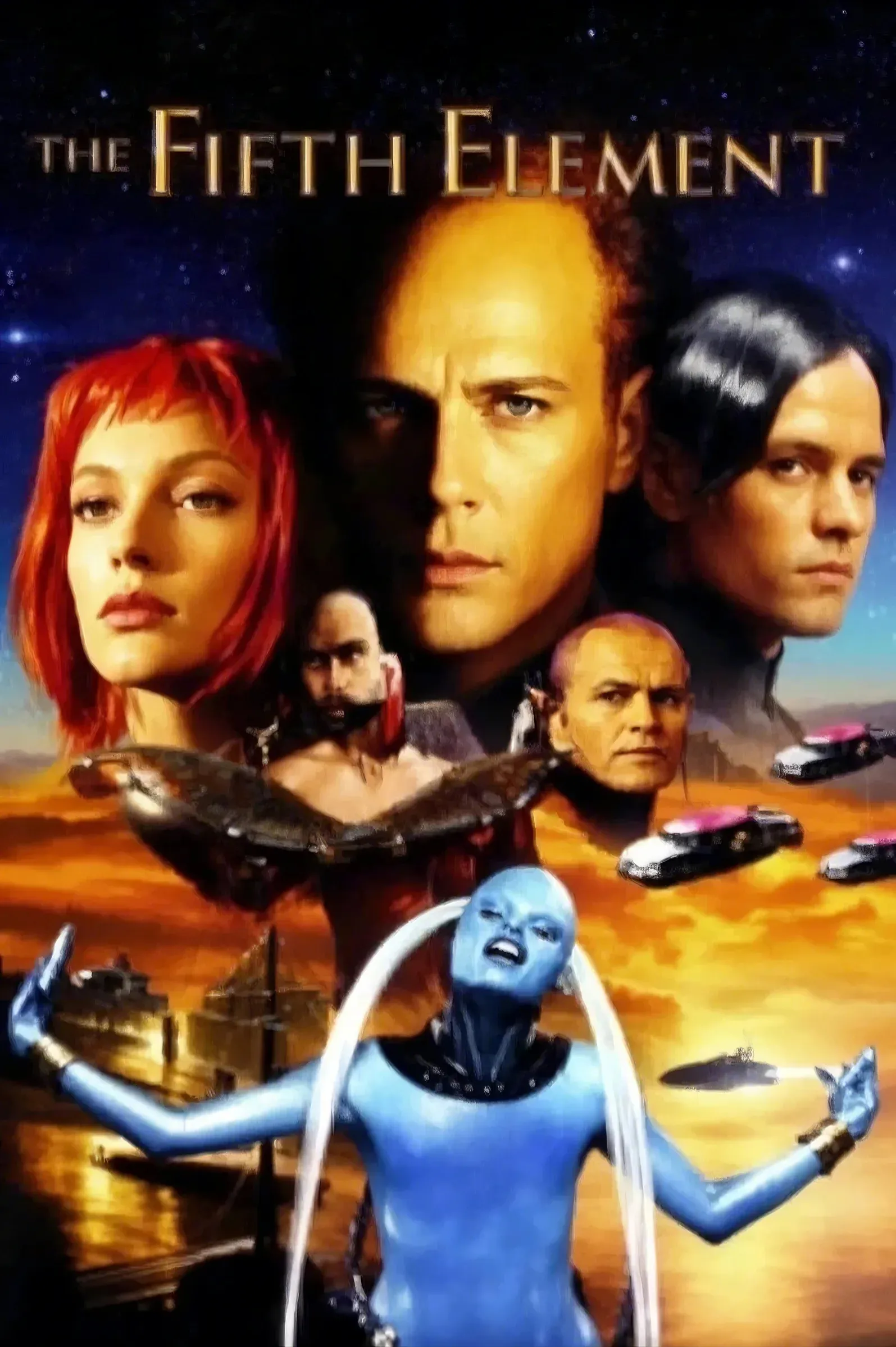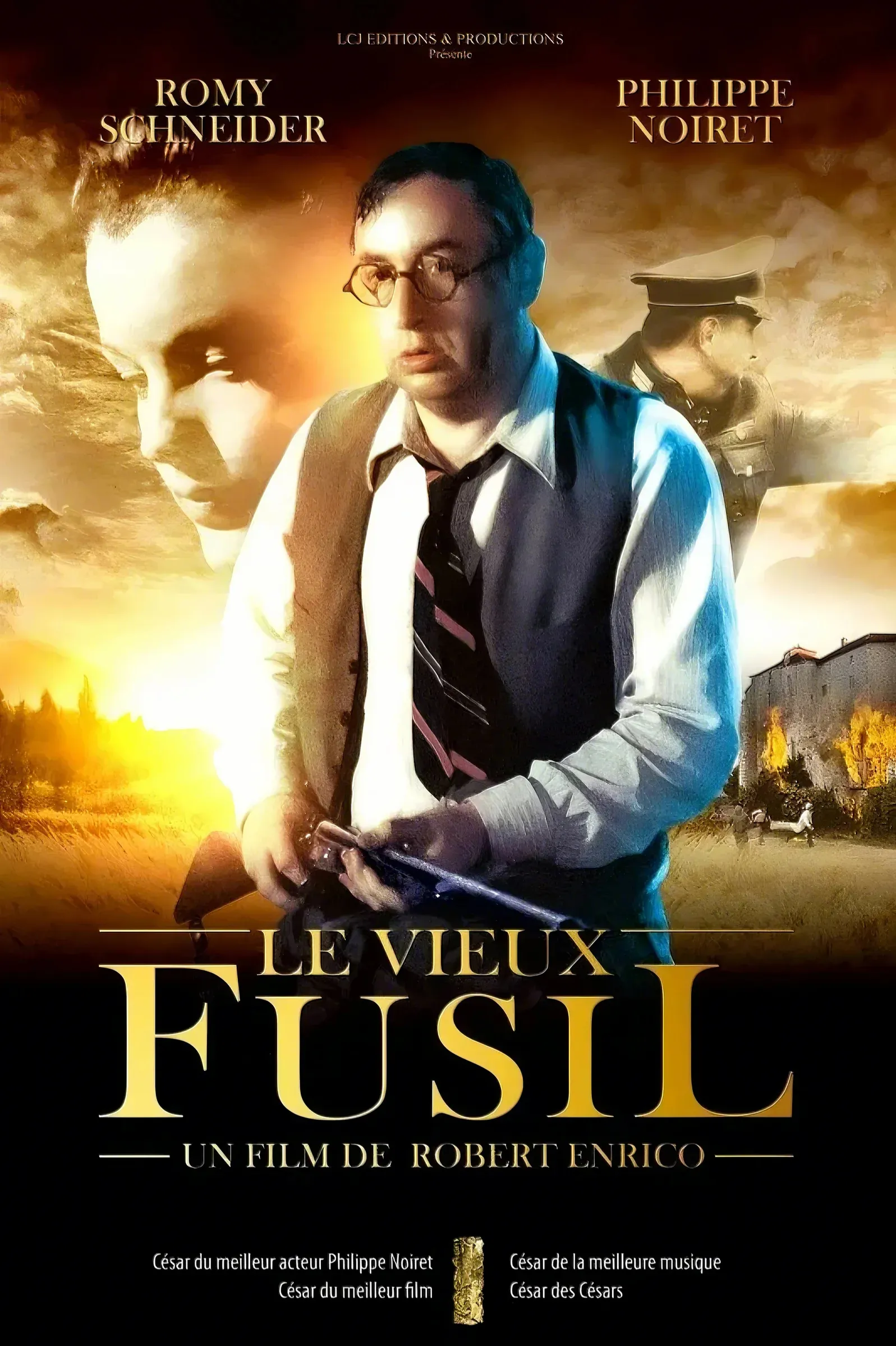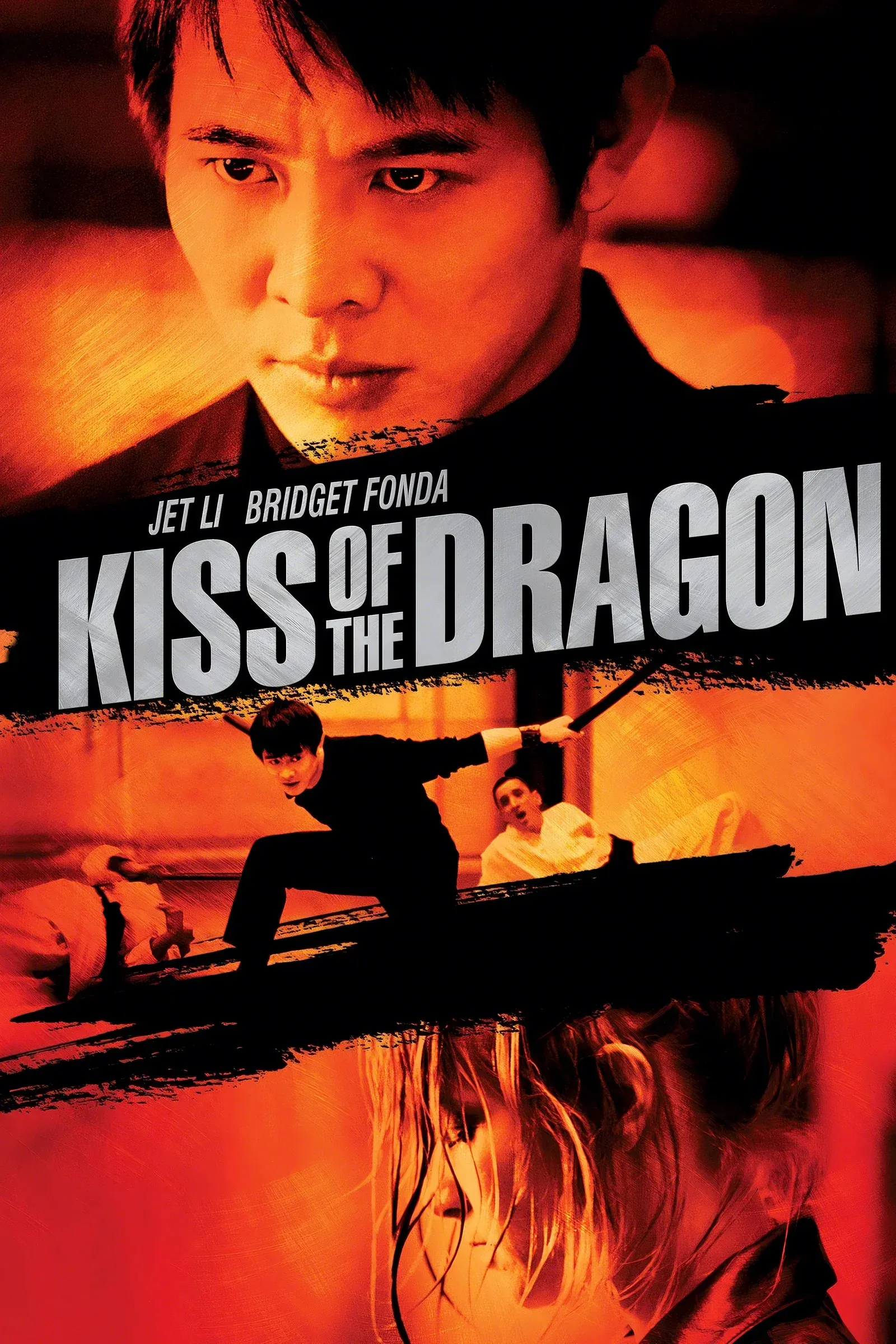Hornets’ Nest (1970) – A Brutal and Unconventional WWII Action Film
Directed by Phil Karlson, Hornets’ Nest (1970) is a unique World War II action film that blends war, revenge, and a dark coming-of-age story. Set in Nazi-occupied Italy, the film stars Rock Hudson as Captain Turner, an American paratrooper who survives a failed mission and finds himself in the care of a group of orphaned Italian boys. Instead of playing the traditional war hero, Hudson’s character is thrust into an unusual situation—training these young, traumatized boys to become guerrilla fighters against the Nazis.
The story begins with Turner and his men parachuting into enemy territory on a sabotage mission. However, the operation immediately goes wrong when they are ambushed by German forces, and Turner is the sole survivor. Meanwhile, a group of Italian boys, whose families have been slaughtered by the Nazis, discover the wounded American and decide to help him. Driven by vengeance, the boys want Turner to train them to fight back rather than merely hide and survive. Initially reluctant, Turner eventually agrees, seeing no other way to complete his mission—destroying a strategically important dam. Along the way, they also take Dr. Bianca (Sylva Koscina), an Italian doctor, as a hostage, though she soon becomes a reluctant ally.

One of Hornets’ Nest’s most striking elements is its dark and violent tone. Unlike many WWII adventure films of the era, which often portrayed war through a heroic lens, this film leans heavily into the psychological impact of violence, especially on children. The orphaned boys, led by the vengeful Aldo (Mark Colleano), are not simply plucky underdogs; they are deeply scarred and dangerously eager for bloodshed. As Turner trains them in combat, they become increasingly ruthless, raising moral questions about the cost of war and whether vengeance is ever justified.
Rock Hudson delivers a solid performance as Turner, playing a hardened yet conflicted soldier who slowly forms a bond with the boys. Unlike his typical leading-man roles, this character is more morally ambiguous—while he wants to complete his mission, he also struggles with the ethical implications of using children as soldiers. Sylva Koscina’s Dr. Bianca provides a contrasting perspective, horrified by what the war has done to these boys and attempting to keep their humanity intact. However, the film’s focus remains primarily on Turner and the boys, making her role feel somewhat underdeveloped.

The action sequences in Hornets’ Nest are brutal and effective, particularly in the film’s climax when the boys and Turner launch their attack on the Nazi-controlled dam. The film does not shy away from showing the horrors of war—there are executions, close-range killings, and unsettling moments of cold-blooded violence. The cinematography captures the rugged Italian landscape beautifully, adding to the film’s raw and gritty atmosphere. The score by Ennio Morricone, though not as iconic as some of his other works, adds to the tension and emotion.
Despite its strengths, Hornets’ Nest is not without flaws. The pacing can be uneven, with some slower stretches that lack urgency. The film also struggles to fully explore some of its heavier themes, such as the psychological toll of war on children. While it raises intriguing moral dilemmas, it ultimately leans more on action and revenge rather than deeper philosophical exploration.

Overall, Hornets’ Nest is a gripping but grim WWII film that stands out for its unique premise and brutal execution. It is far darker than typical war films of its era, offering an unsettling look at the cost of violence and the way war shapes those caught in its wake. While not perfect, it remains a compelling and unconventional entry in the genre, bolstered by a strong performance from Hudson and a tense, action-packed finale. Recommended for fans of gritty war films and unconventional narratives.




